Distinguished Scientist J. Craig Venter Shares His Success Story

February 28, 2017
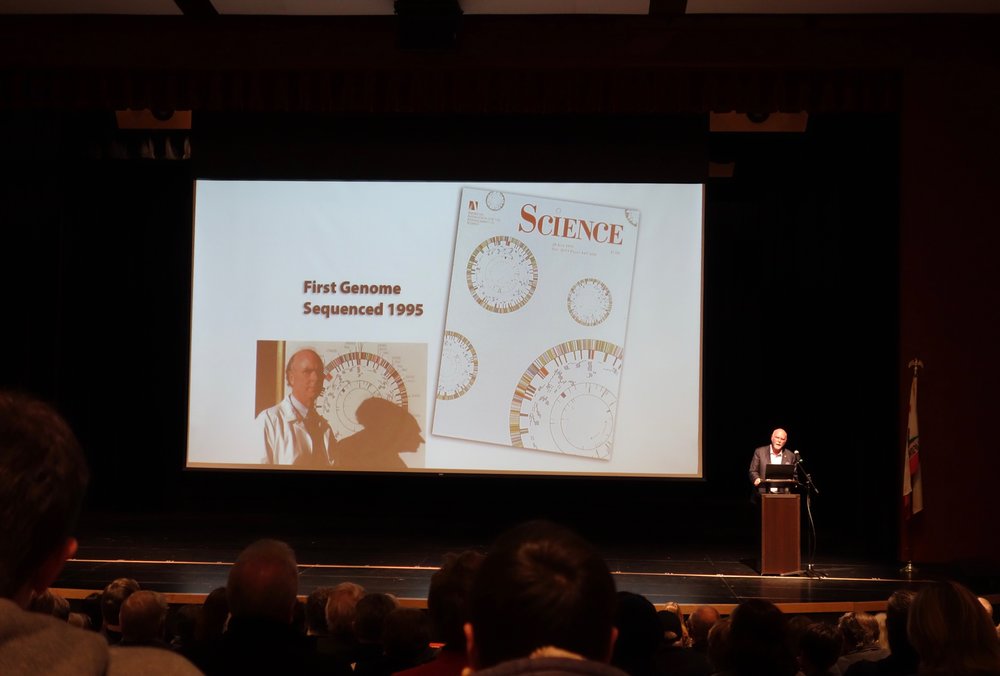 Genomics pioneer J. Craig Venter gives a presentation to the community at Mills High School.
Genomics pioneer J. Craig Venter gives a presentation to the community at Mills High School.
Mills High School alumnus J. Craig Venter, Ph.D., founder and CEO of the non-profit genomic research organization J. Craig Venter Institute, the co-founder and chairman of Human Longevity Inc., and the co-founder, co-chief scientist, and chairman of Synthetic Genomics Inc., came back home on January 25 to share with Mills High students and the local community his life and groundbreaking scientific discoveries.
Venter has accelerated the progress in genomics. He is famously known for sequencing the first bacterium genome in history with his team at the Institute for Genomic Research in 1995. At the turn of the century, believing he could do quicker and faster with his company Celera Genomics, he raced the publicly funded Human Genome Project to sequence the first human genome. In 2007, Venter was the first to publish a complete genome sequence of an individual – himself.
Anyone who knew Venter more than fifty years ago would have never guessed that he would receive the National Medal of Science from former President Barack Obama, become one of Time Magazine’s 100 most influential people in 2008, become the author of two books (“Life at the Speed of Light” and “A Life Decoded”) and receive numerous other prestigious honors. Although a champion swimmer at school, he barely graduated high school by getting a D rather than an F in government class. He was often found surfing the waves near Half Moon Bay, playing chicken with the trains, and racing planes down the runway on his bike at San Francisco’s then-unfenced airport. Following his graduation from Mills in 1964, he enlisted in the Navy during the Vietnam War. After doing well on an intelligence test, the Navy trained him to treat infectious diseases, perform biopsies, and assist major operations as a 19-year-old medical corpsman. When the war ended, he discovered his interest in medicine and enrolled at College of San Mateo and later transferred to the University of California at San Diego, where he studied adrenaline in his research lab and published his first research paper as an undergraduate. He was introduced to the genome project when he shifted his interest to molecular biology and earned his Bachelor’s degree in Biochemistry and a Ph.D. in Physiology and Pharmacology at UCSD. He later combined his passion for sailing, the self-confidence from swimming that he could take on things and succeed at a high level, and his research in molecular biology to sequence the DNA of every microbe in the Sargasso Sea.
From his experience, Venter truly believes that knowledge is power, and the more knowledge he possesses, the more lives he can save. Currently, Venter wants to revolutionize healthcare through his company Human Longevity Inc. to be proactive and preventative. He plans to bring personalized treatment and predictive diagnostics to prolong people’s lives. By sequencing his clients’ genomes and taking imaging scans, he and his team can discover mutations and improve the chances of survival for patients with cancer through early identification.
“We are giving people knowledge about how to save their own lives from information we can detect that they do not know they have,” Venter said. “We found major life-saving diseases in about forty percent of the people who thought they were completely well and healthy coming in.”
Venter, who believed himself to be healthy, diagnosed himself using his program and went through surgery when he detected that he had prostate cancer. Because he was able to catch it early enough, he is now cancer free.
“This data can enable you to have control of your life,” Venter said. “Instead of waiting for cancer to occur, as soon as you know that you have stage zero or stage one from the health nucleus you can be free of cancer within a week.”
Venter is working on designing cancer vaccines specific for each patient. He is also using and improving machine learning to predict people’s height, weight, BMI, eye color, hair color, hair texture, facial appearance and features and age from the genome. A computer can now generate a 3D photo of an individual from the information in the DNA.
Venter is a living testament and inspiration that a struggling high school student can be a pioneer in science and make advancements that impact the world and future generations.


![WASC looks for more than the basic California State standards. According to chairperson Mike Woo, “As new rules and new concerns come up through society, [WASC] look[s] is the school doing something about that. Like the biggest trend post-COVID is mental wellness. So is your school doing something to address the mental health of the students? Along with are they still doing the proper academics?”](https://theburlingameb.org/wp-content/uploads/2024/03/IMG_3401-1200x1200.png)




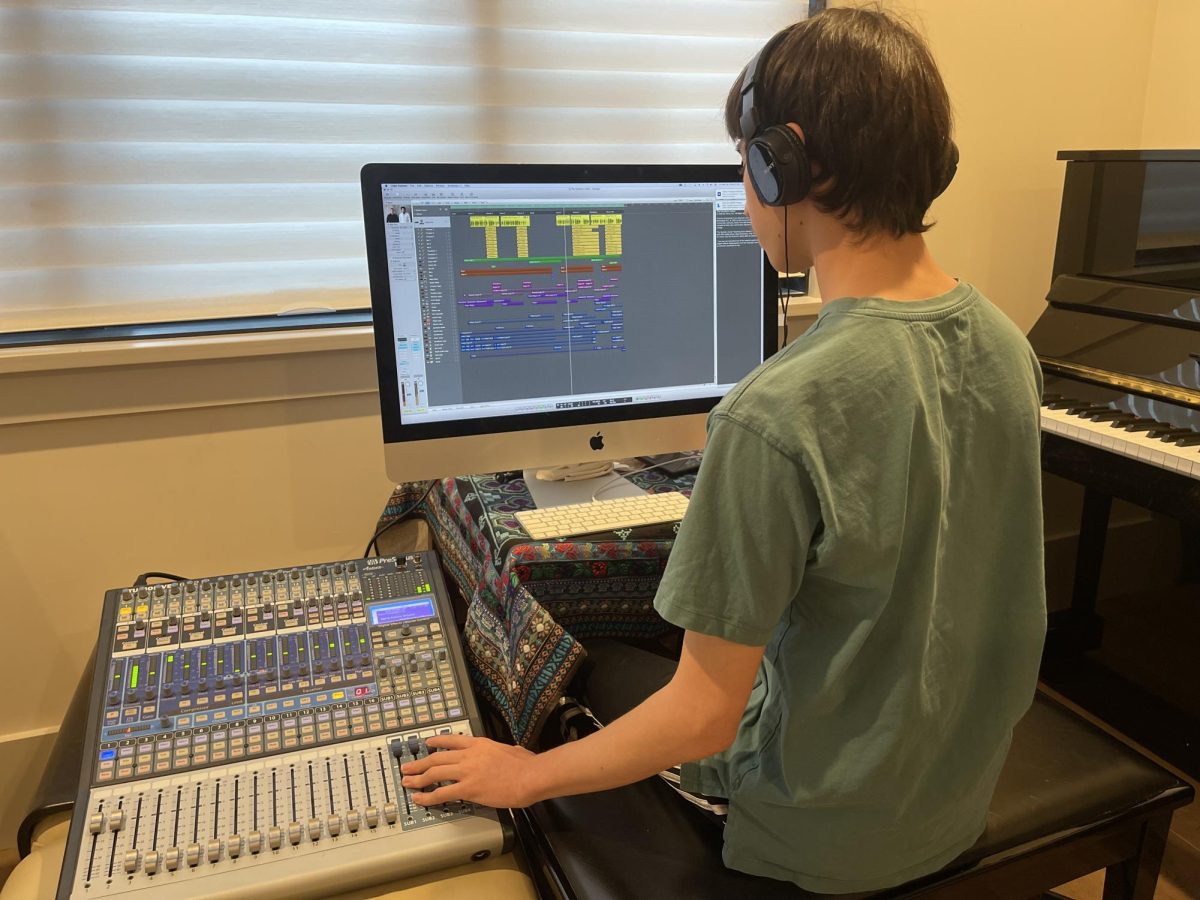





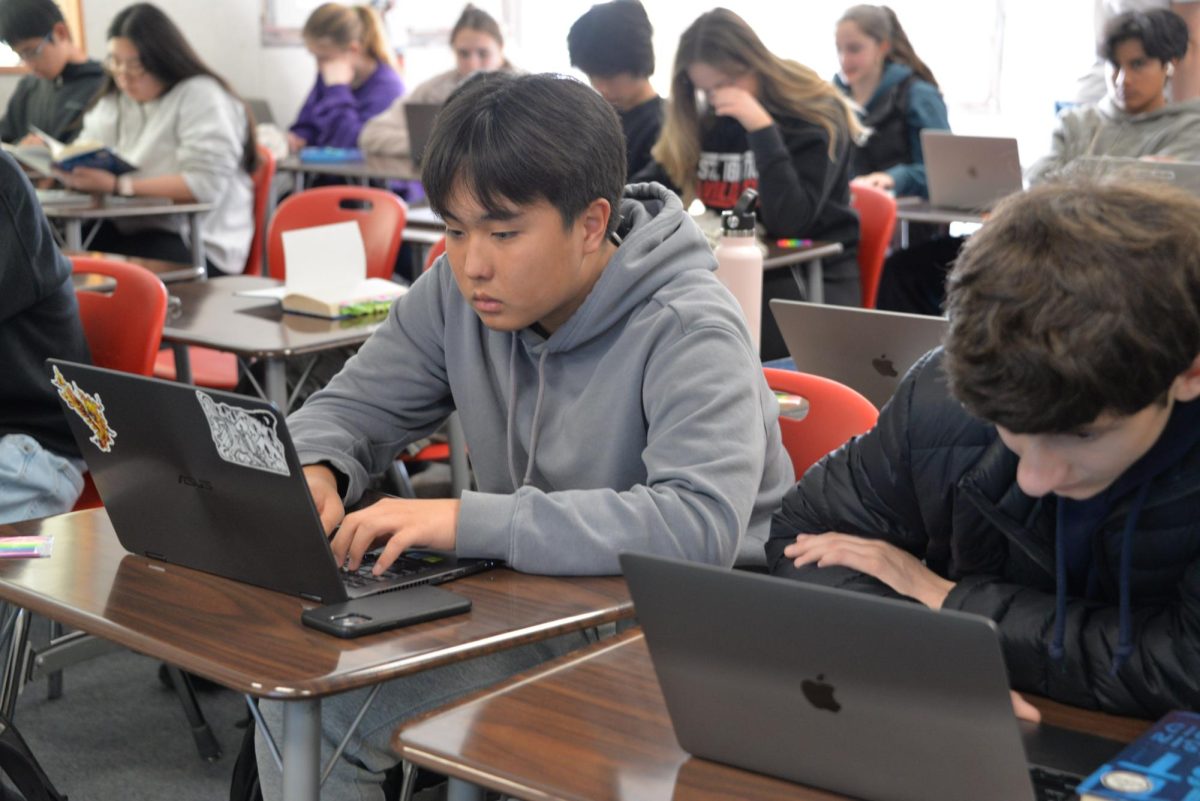
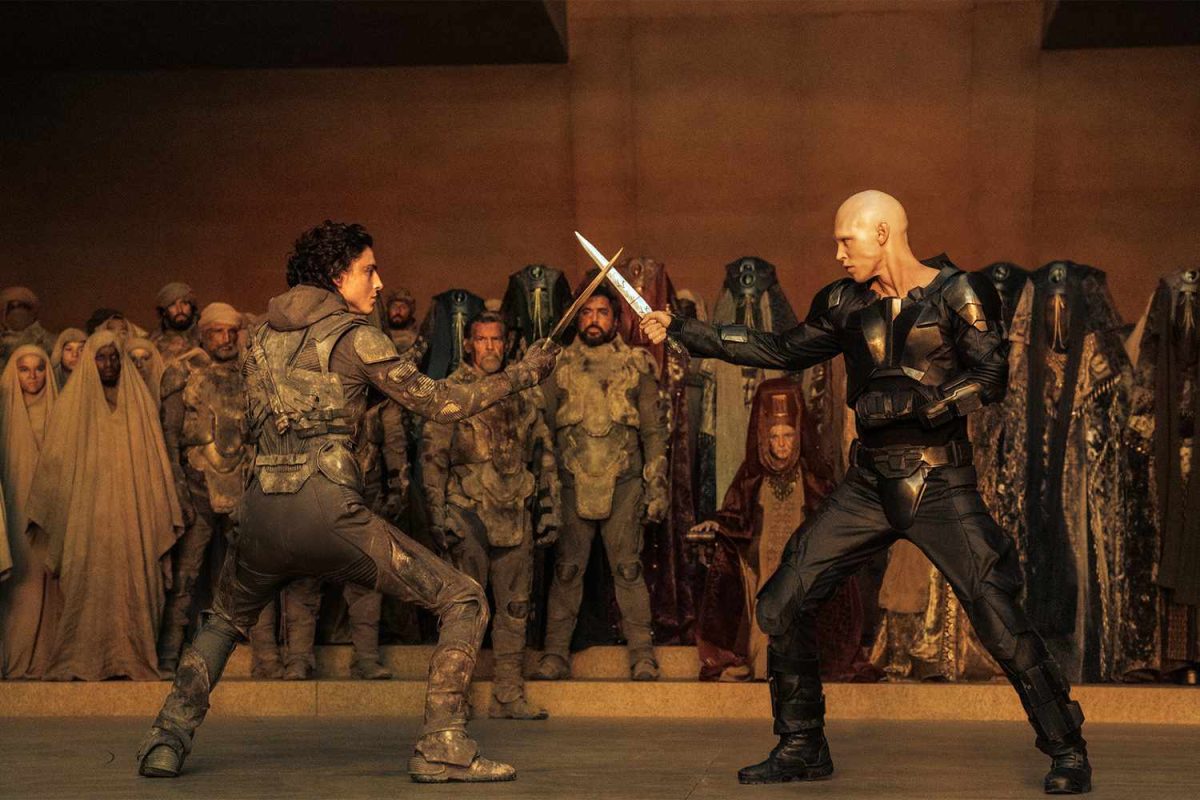
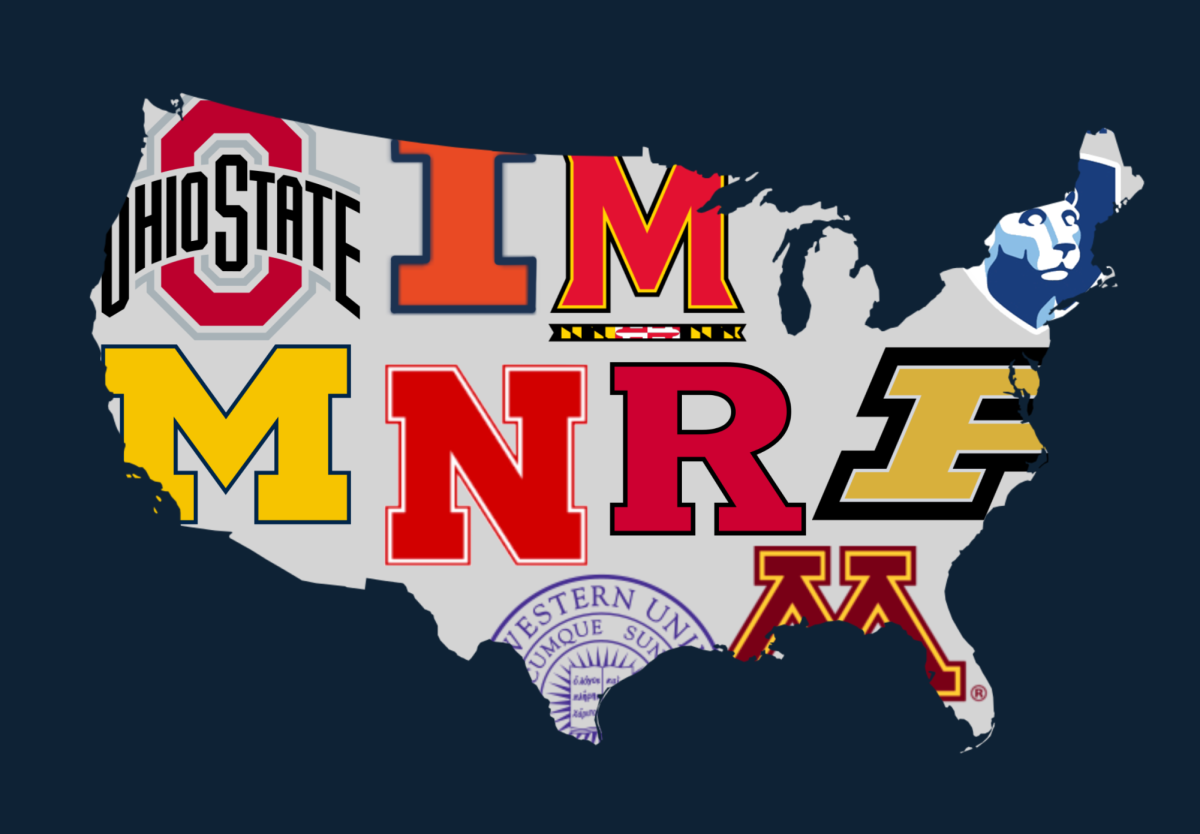

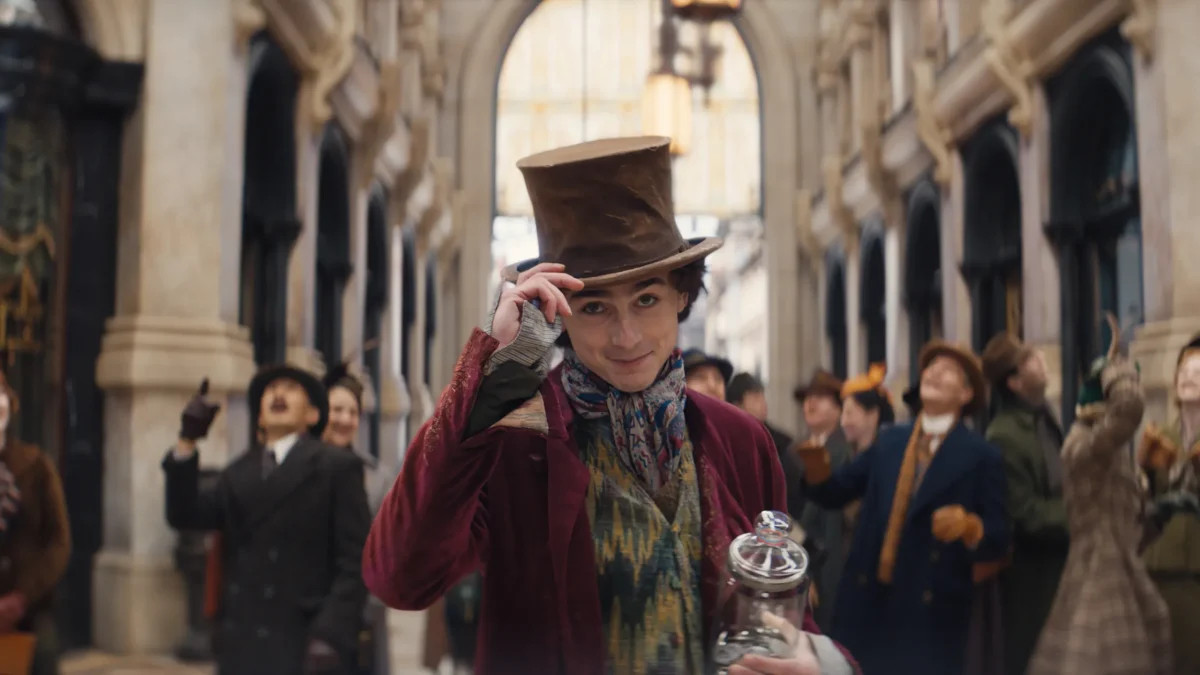

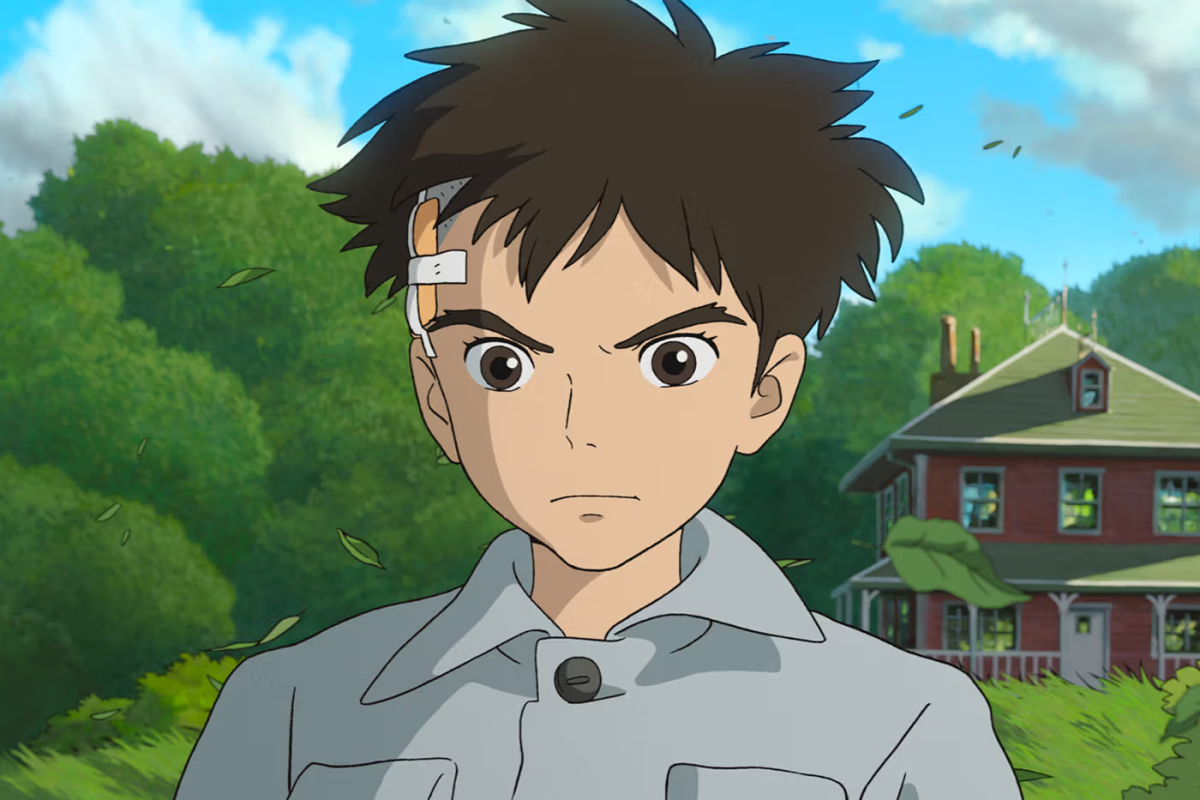


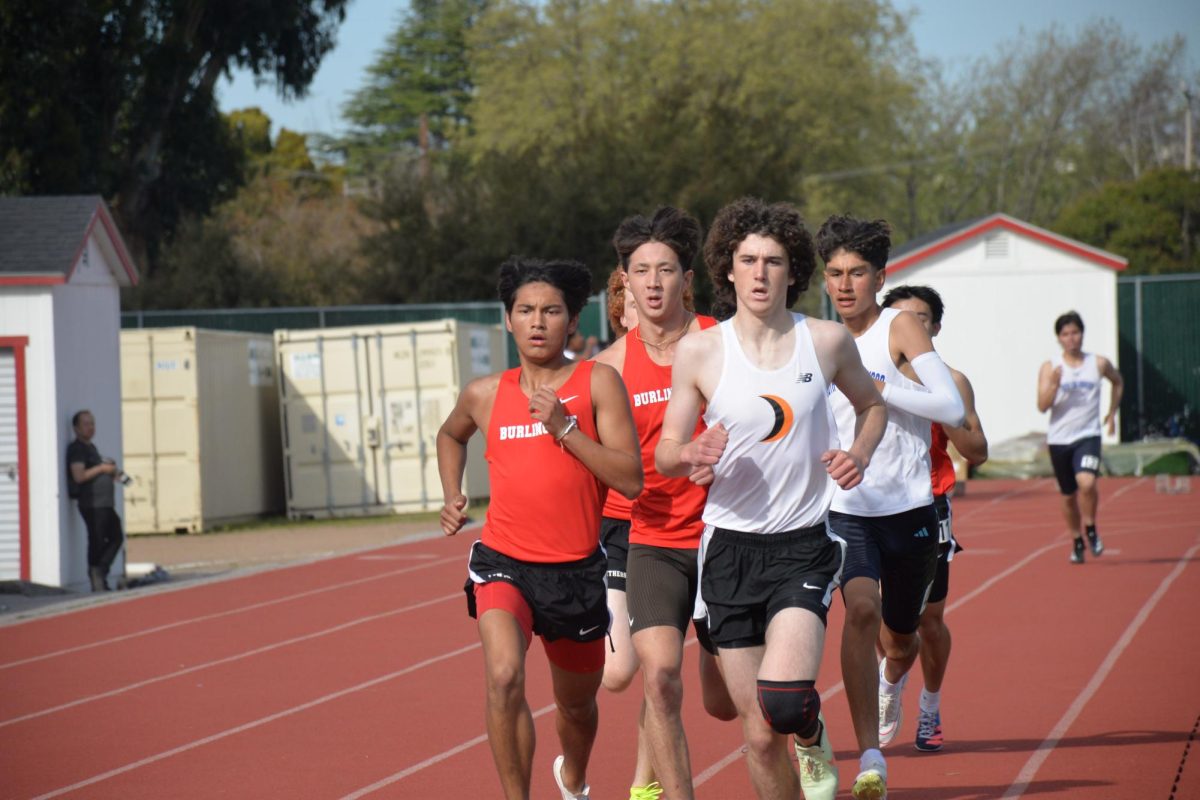
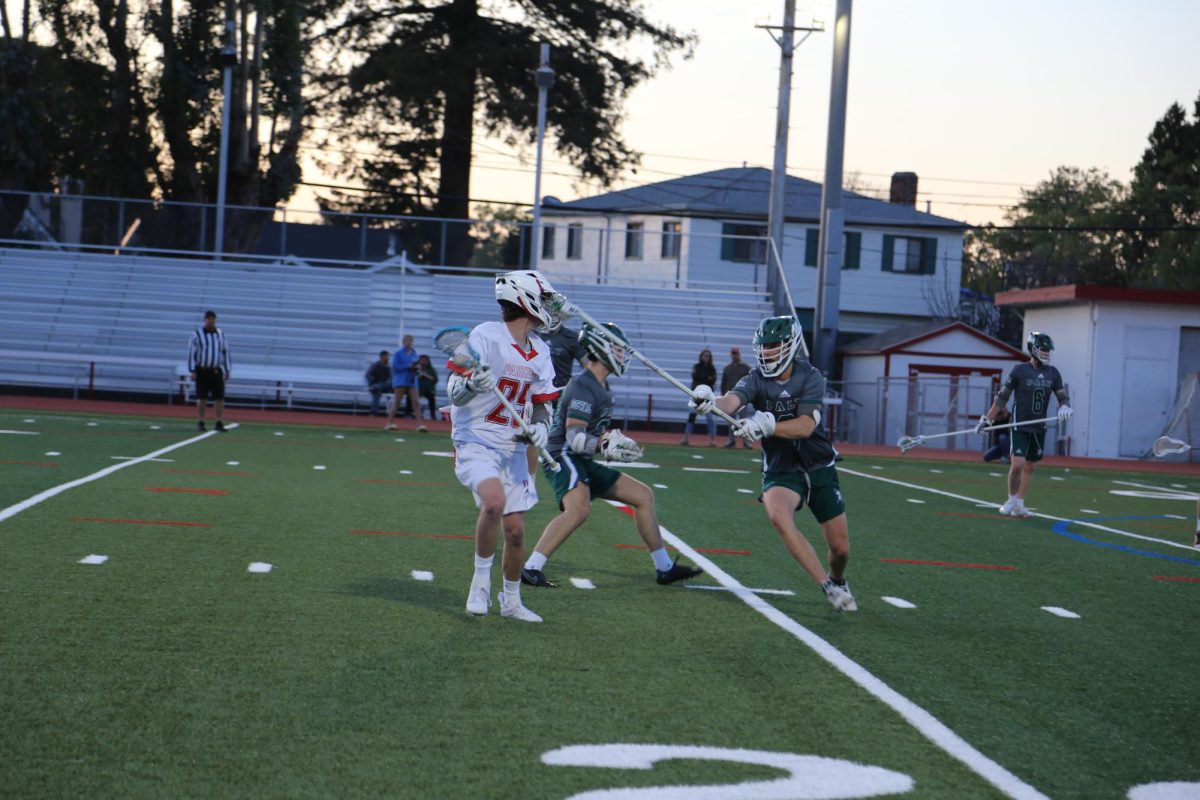

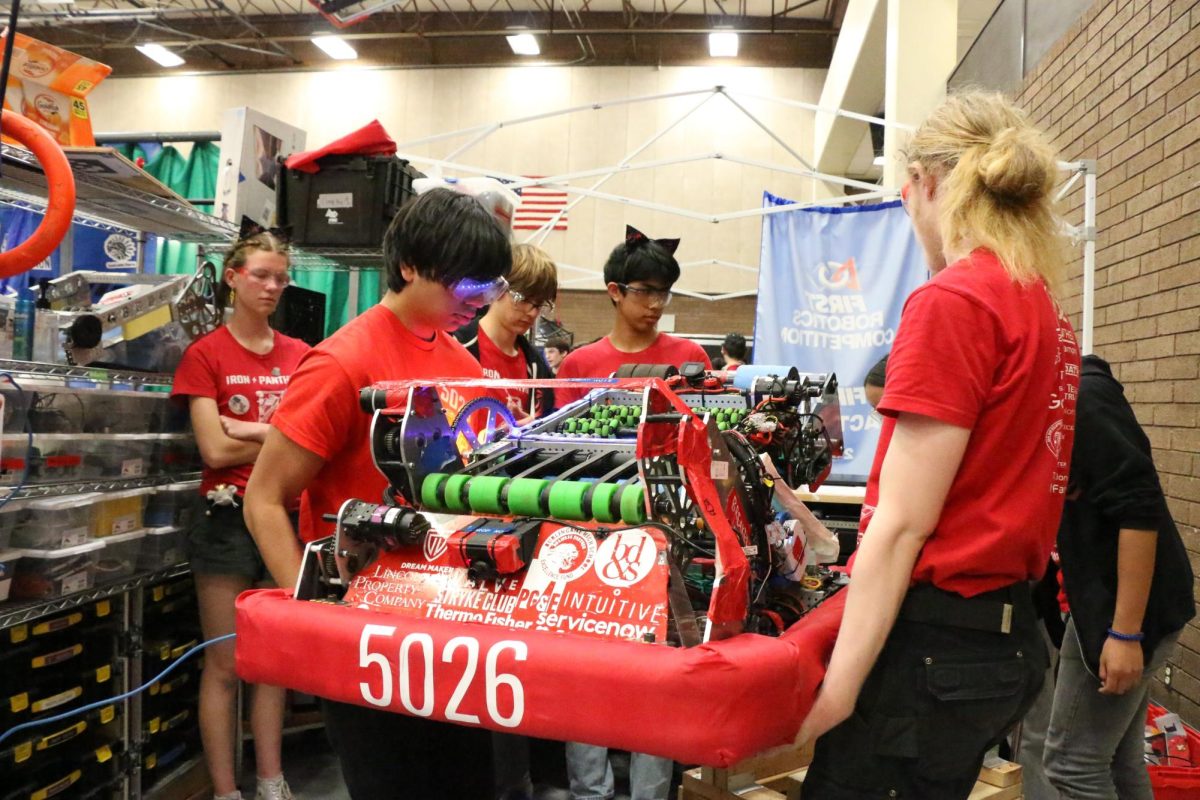
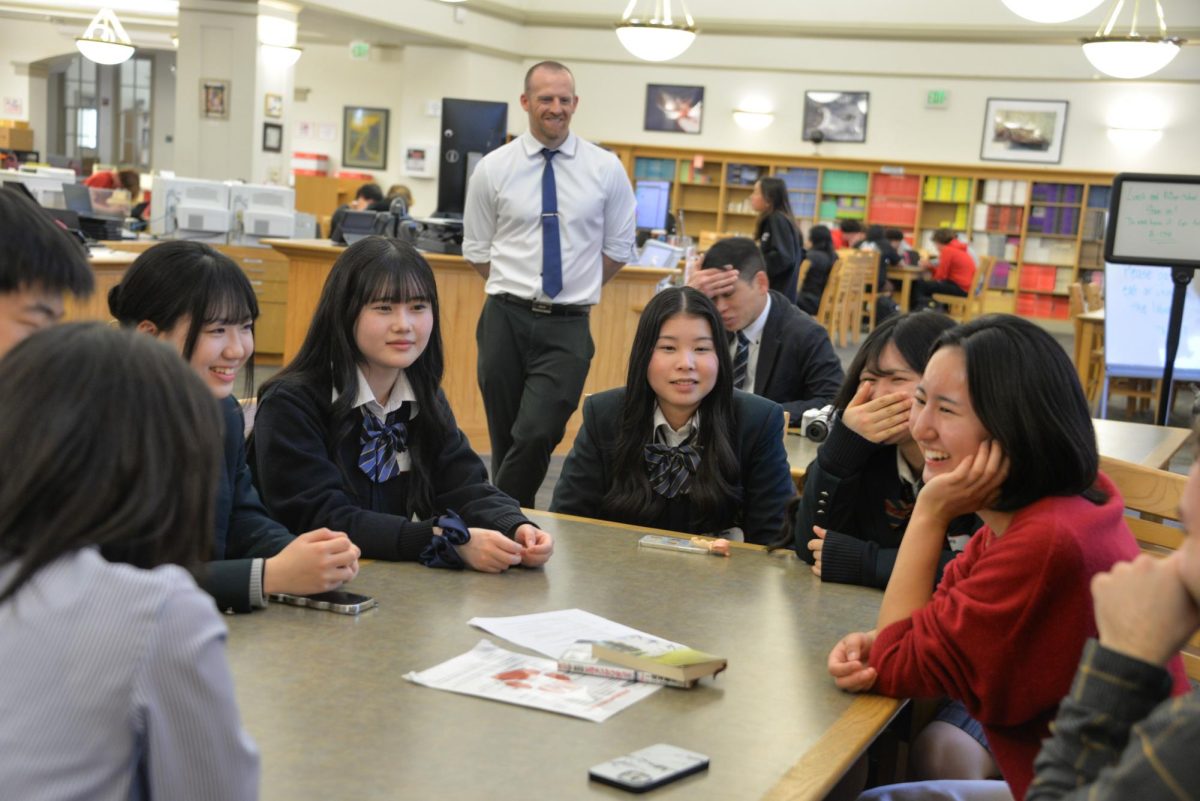
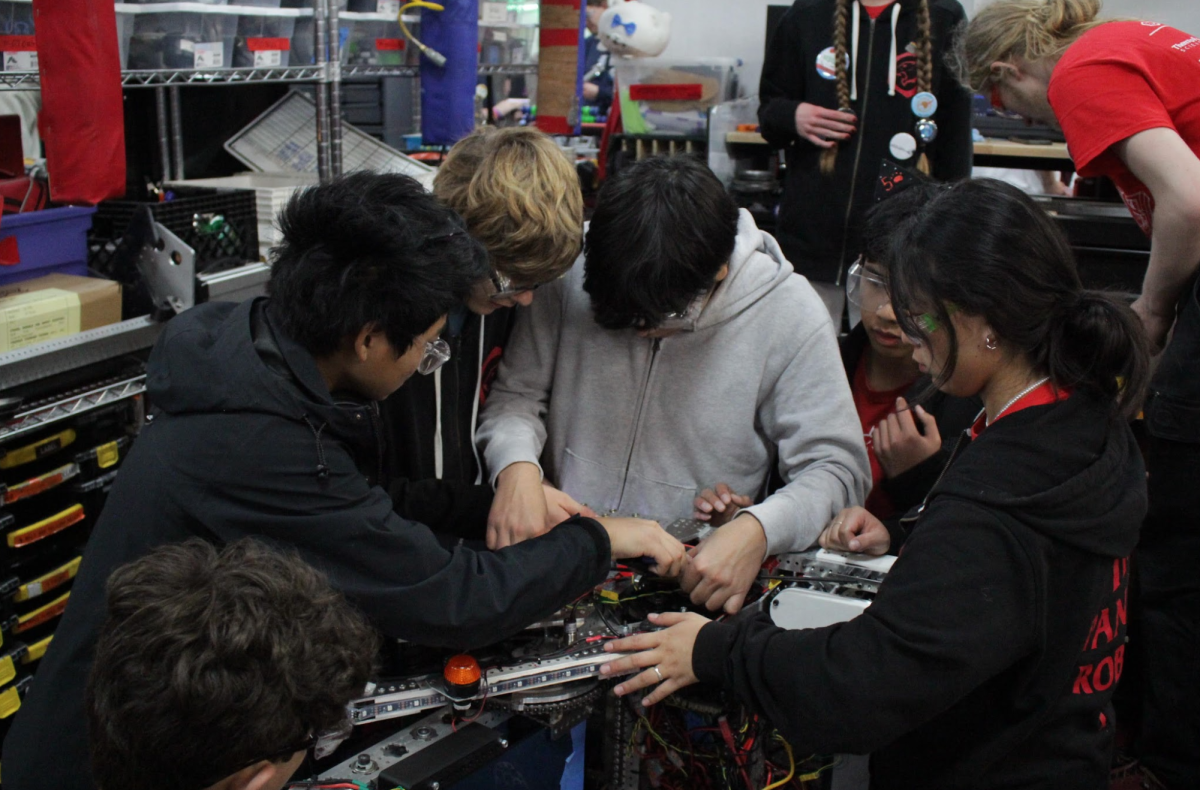
![“For me personally, I want [others] to see the music program as a strong union because we can really bring out the life of our school,” Vega said. “We need music, you know? Otherwise, things would be really silent and dead.”](https://theburlingameb.org/wp-content/uploads/2024/03/unnamed-1200x801.jpeg)







